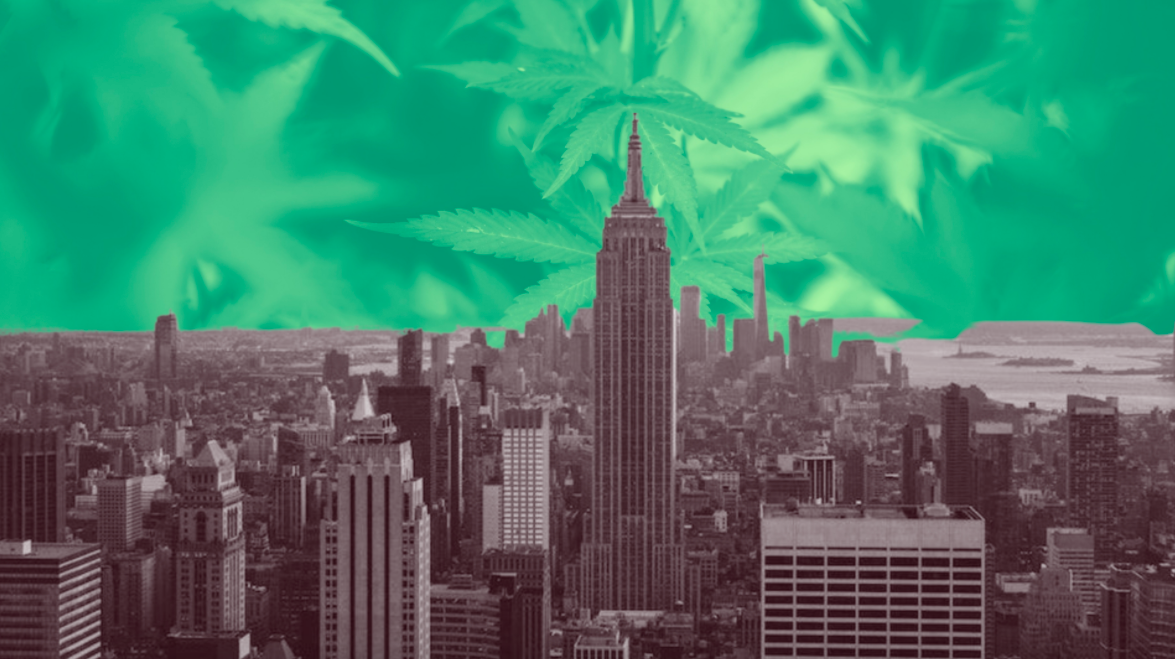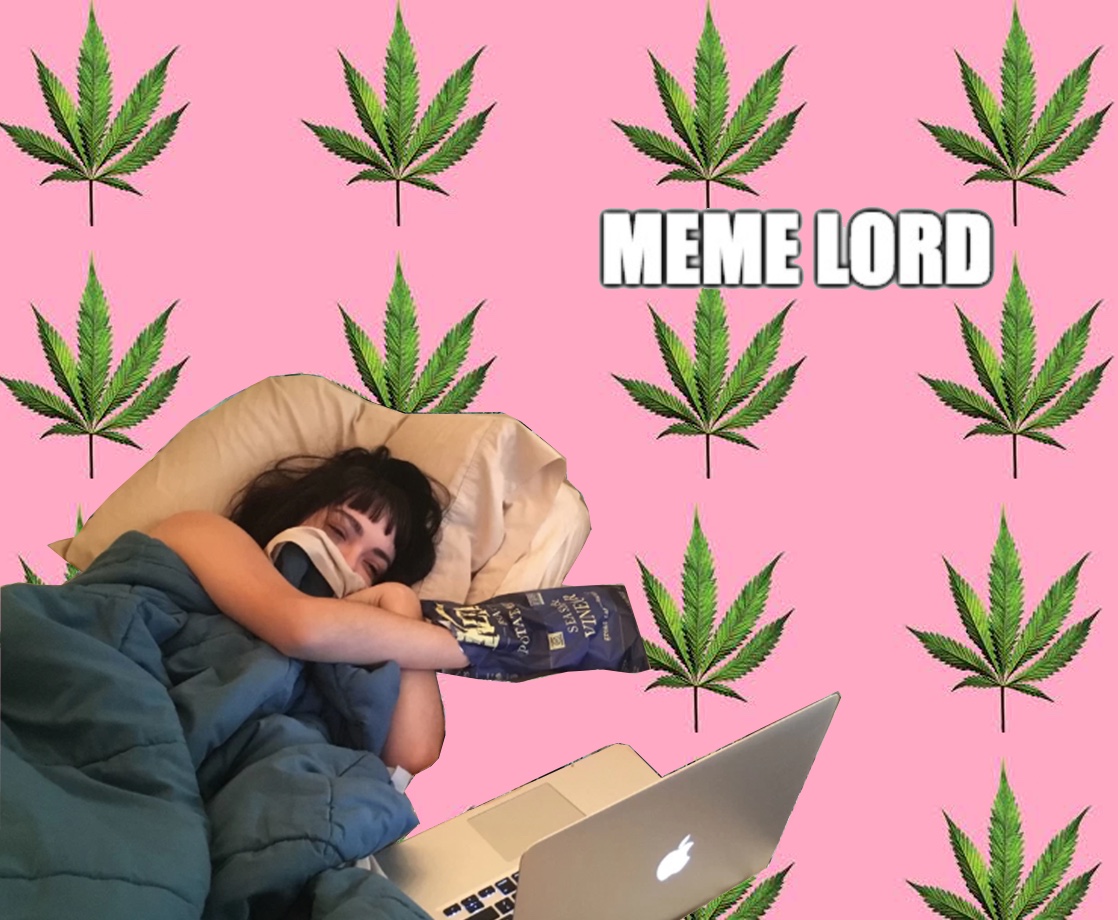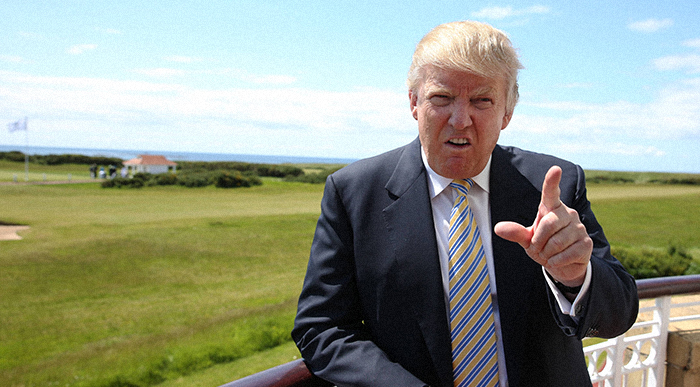Image via
Young adults between the ages of 19 and 22 are drinking less alcohol, smoking more weed, and doing more psychedelics, a new federally-funded survey reports.
According to the latest installment of the annual Monitoring the Future (MTF) study, nearly half of college students said that they used cannabis at least once in 2020. Pot use among college students has been increasing steadily over the past five years, from 38 percent in 2015 to 44 percent in 2020. Last year’s record also happens to be the highest level of college pot use recorded since the 1980s.
By contrast, pot use among 19- to 21-year-olds who are not enrolled in college has held steady at 43 percent for the past three years. Daily cannabis use, while far less common than occasional use, has also risen significantly from 5 percent in 2015 to 8 percent last year. Most importantly, cannabis use among teens and children has not increased, even though more and more states are legalizing adult-use cannabis.
The National Institute on Drug Abuse (NIDA) has conducted the MTF study every year since 1980 to track substance use among young adults. This year, researchers from the University of Michigan Institute for Social Research, Ann Arbor conducted an online survey asking 1,550 young adults to report their use of alcohol, nicotine, marijuana, and other drugs.
Over the past few years, the MTF study has reported a significant increase in both weed and tobacco vaping among college students. Between 2017 and 2019, the percentage of college students who vaped pot almost tripled from 5 to 14 percent, but this year, only 12 percent of college students said they vaped weed. Tobacco vaping also held steady at around 20 percent this year after significant increases between 2017 and 2019.
College students also reported using more psychedelics than ever last year. In 2020, 9 percent of college students reported using LSD, psilocybin, or other entheogens, up from 5 percent in 2019. The percentage of psychedelic use among non-college students held steady at around 10 percent.
Although college-age adults seem to be using more weed and psychedelics, their use of addictive legal drugs is on the decline. The percentage of students who drank booze in the last month decreased to 56 percent last year from 62 percent in 2019. And only 24 percent of students reported binge drinking in 2020, down significantly from 32 percent in 2019. Prescription amphetamine and opioid use have also declined, and cigarette use has dropped to 4 percent, one of the lowest percentages ever reported for college students.
It is unclear how much of the increase in cannabis and psychedelics use can be attributed to the pandemic, or whether it is indicative of a greater acceptance of these once-demonized natural medicines. But the decrease in alcohol use is almost certainly due to the fact that the pandemic prevented students from attending frat parties, concerts, or other social gatherings.
“That’s definitely one [of] the greatest pandemic effects,” said John Schulenberg, psychology professor at the University of Michigan and lead author of the study, to The Washington Post. “We clearly see that young people use alcohol as something to be taken at parties and gatherings. With the pandemic, those weren’t happening, so the alcohol intake and binge drinking dropped.”
“The pandemic seems to have actually made marijuana into an alternative to escape the monotony of isolation,” explained NIDA director Nora Volkow to The Washington Post. “It’s made life become more boring, more stressful. So if drugs let you experience that completely different mental state, I wonder whether that would be a factor that leads people to use them.”
Although the study shows that more students are replacing addictive, carcinogenic, and dangerous drugs with natural compounds that pose far fewer health risks, the researchers still seem to think this is bad news. Volkow told The Post that cannabis use has been linked to “the higher risk of psychosis” and “associated with suicidal thinking,” but recent research is debunking the myth that weed actually causes depression.
In the past three years, several studies have concluded that cannabis does not in fact increase the risk of brain damage, psychosis, depression, or suicidal thoughts. Researchers now believe that the correlations between pot use and mental health issues can be explained by the fact that people suffering from depression, schizophrenia, or other issues are more likely to seek out cannabis as a form of self-medication.











